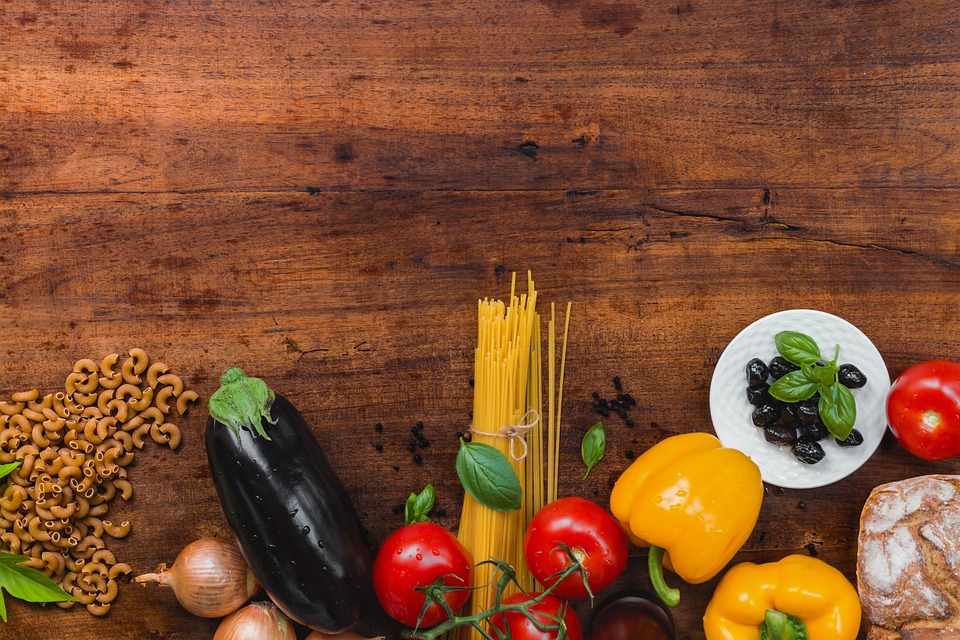
You’ve probably heard and followed the golden diet motto “Stop before the tummy bursts!” innumerable times. However, always being dissatisfied at every conclusion of the meal becomes irritating. Wouldn’t it be lovely to occasionally fill oneself till you can’t eat anymore, guilt-free?
If you munch on “zero-calorie” or “negative-calorie” foods, you can. They’re foods with a small number of calories. Thus the energy expended digesting or consuming them cancels out the calories ingested. Almost all foods contain calories, except items that have been developed to be calorie-free, such as sugar replacements. Some foods have very few calories, and we expend some calories chewing and digesting our food. However, it is simply not true that eating particular meals will cause us to lose weight.
The Idea of Calories from Zero to Hero
Although eating these “zero-calorie” foods will not put you in a negative calorie balance, there are other fantastic benefits to eating them. “They’re all fruits and vegetables,” experts explained, “so they’re fantastic stuff to incorporate into your diet.” These meals are also high in fiber and nutritionally dense. Fruits and vegetables are “nutrient-dense,” meaning they have a low-calorie content in relation to their high nutrient content.
They can also assist you in losing weight. Fruits and vegetables can be just as full as higher-calorie items but with significantly fewer calories and, in many cases, far more bulk.
What Are the Typical Zero-calorie Foods Available?
Start by adding veggies to your main dishes, snacking on fruit, heaping fresh vegetables on your sandwiches, and having fruit instead of dessert after your meals if you’re attempting to lose weight. This won’t “trick” your body into a calorie deficit. Still, it will make you feel full and content while consuming fewer calories and getting plenty of vitamins, minerals, and other vital elements. Some zero-calorie foods include:
● Celery
Water makes up around 74% of a celery stick, while fiber makes up the rest, keeping you satisfied for longer. Studies show that a 100-gram portion has only 15 calories and provides plenty of vitamin A, K, and C and antioxidants. So, eat celery sticks with a pinch of salt or make a dip free of fat to accompany them.
● Cucumber
Cucumber is the finest food for weight watchers, with only 15 calories in a 100-gram cucumber portion. It’s delicious as a chilled soup, salad, or smoothie. Cucumbers are 94% water and hence a hydrating food, making them ideal for summer days. It also comprises ‘fisetin‘, which is anti-inflammatory and crucial for brain function.
● Mushrooms
Mushrooms provide flavor to every recipe, whether as a pizza topping, stir-fry, or soup. The greatest part is that a scoop of mushrooms contains about 15 calories. They comprise a significant quantity of vitamin D, which aids calcium absorption in pizza cheese. They’re also high in Vitamin B, which alleviates mood and provides a sustained energy boost.
● Cabbage
Whether you eat it as a soup or a sabzi; cabbage will provide you with very few extra calories – about 100-gram serving includes only 25 calories. Cabbage’s leafy green also has anti-cancer qualities and includes important vitamins, folate, and manganese.
● Zucchini
Fill your pasta using zucchini slices to reduce your fat intake substantially. This cucumber-like vegetable offers only 17 calories per 100 grams. Zucchini is abundant in omega-3 fatty acids, niacin, zinc, and other vitamins and minerals.
What Are the Benefits of Zero-calorie Foods?
A low-calorie diet restricts daily intake of calories to 800- 1500 calories. Participants on a low-calorie type of diet limit daily calorie intake from beverages and food to between 800 and 1500 calories. Zero-calorie diets are frequently used in conjunction with weight-loss methods, such as fasting or exercising. Zero-calorie diets provide a number of advantages, including:
Assists with weight loss
An important aspect of reducing weight on a Zero-calorie diet is consuming less food than you require, or taking fewer calories per day than you expend. To stay in the same weight range, an average lady needs approximately 2000 calories per day, whereas an average guy requires around 2500 calories per day. A zero-calorie diet aids weight reduction since it entails eating a certain number of calories per day, implying that your body uses more calories per day than it receives, resulting in a significant weight loss.
Assists You in Maintaining Your Health
Diets are popular among those who desire to lose significant weight. A zero-calorie diet can assist you in accomplishing this aim by assisting you in losing weight and so improving your health. Furthermore when done correctly, a zero-calorie diet frequently includes consuming a balanced diet every day, which is a crucial aspect of maintaining a healthy lifestyle. Zero-calorie diets often include excellent grains, fiber, vegetables and fruits, and lean protein to ensure that you get the nutrients the body requires to function regularly, regardless of calorie reduction.
Enhances Happiness and Well-being
Low-calorie, well-balanced diets frequently include necessary minerals and nutrients that help the body function properly. These minerals make sure that you receive adequate sleep during the night and that you possess the energy you need to complete your daily chores. This abundance of minerals and nutrients also aids in maintaining your health and boosting your functioning immune system.
Lower Your Blood Sugar
When dieting, most individuals avoid items high in carbohydrates or sugar because these sugars, in the end, turn into calories, rendering the entire diet worthless if consumed. Carbohydrate and sugar-rich foods should be avoided because they help to manage blood sugar levels. Increased blood sugar levels increase your risk of heart disease and diabetes, so keeping it in a healthy range is critical.
Conclusion
There are many tasty low-calorie foods. The majority are fruits and vegetables, which offer nutrients beneficial to your health. However, just because a product has fewer calories does not mean it is a better option than those with more calories. Your body requires enough calories on a daily basis to function properly and make you feel good.
Foods should not be chosen only based on their calorie count. Instead, consider foods based on their nutritional density or the number of nutrients they supply in relation to the calories they provide. It’s a good idea to eat a range of low-calorie foods like fruits and vegetables alongside foods that are richer in protein and fats (and hence calories) to maintain good health.
Written by Edibel Quintero, Medical Doctor at the University of Zulia, Venezuela
Source: www.behealthynow.co.uk












